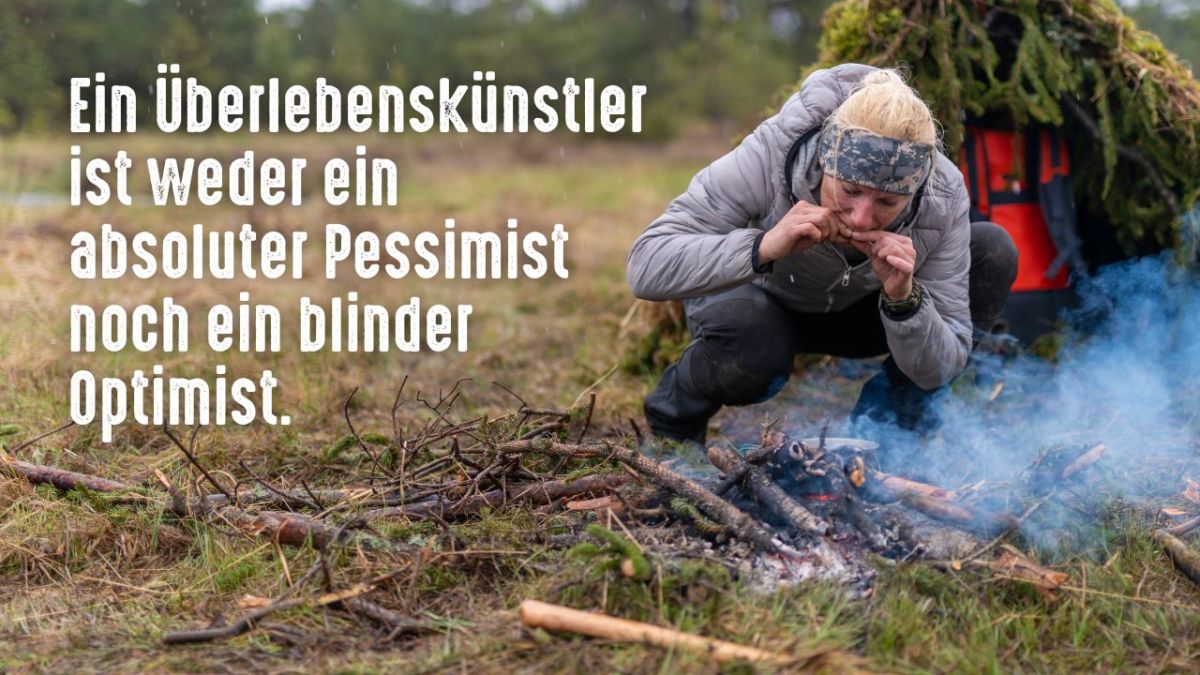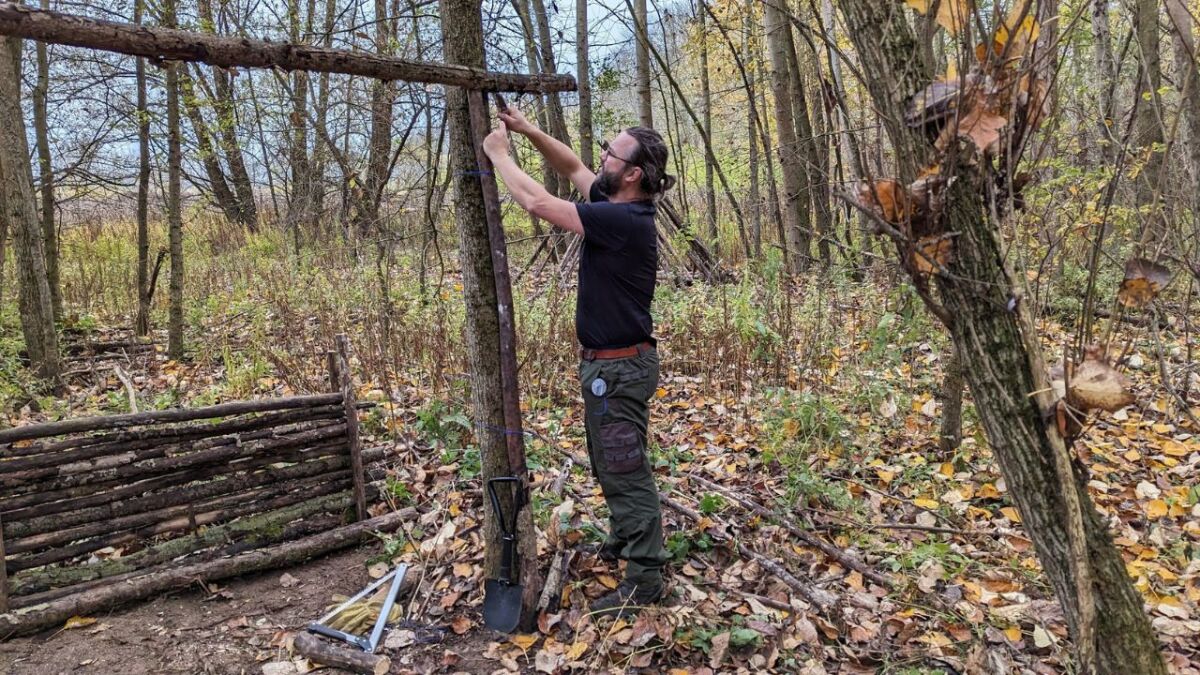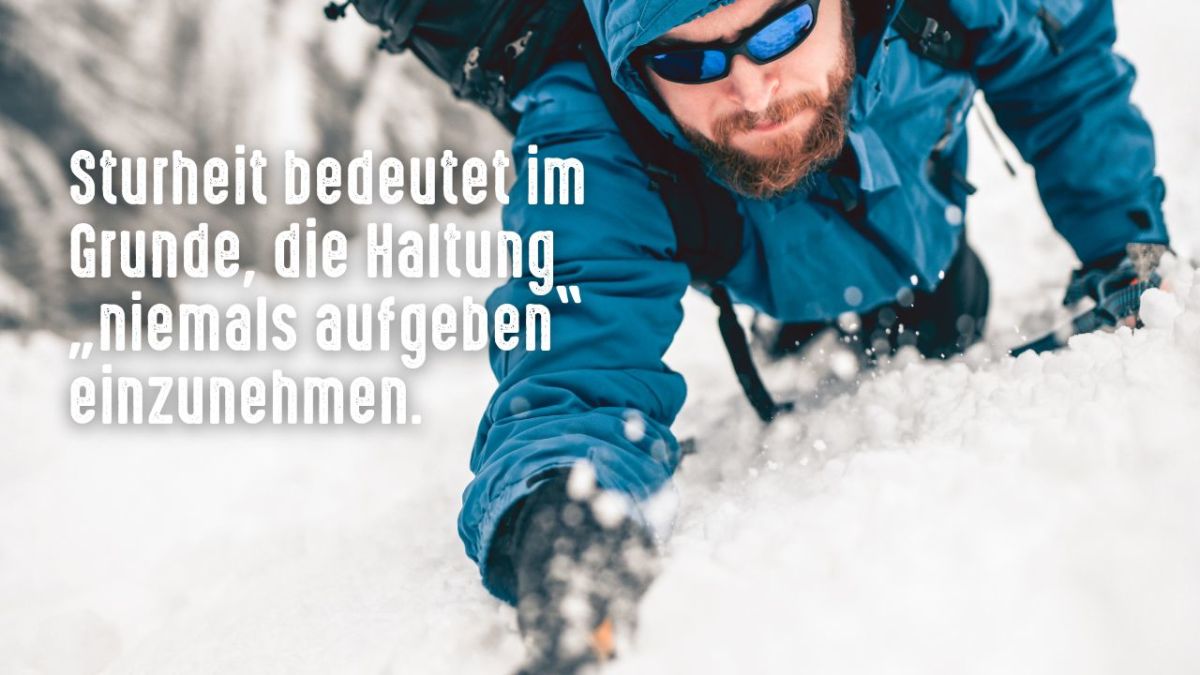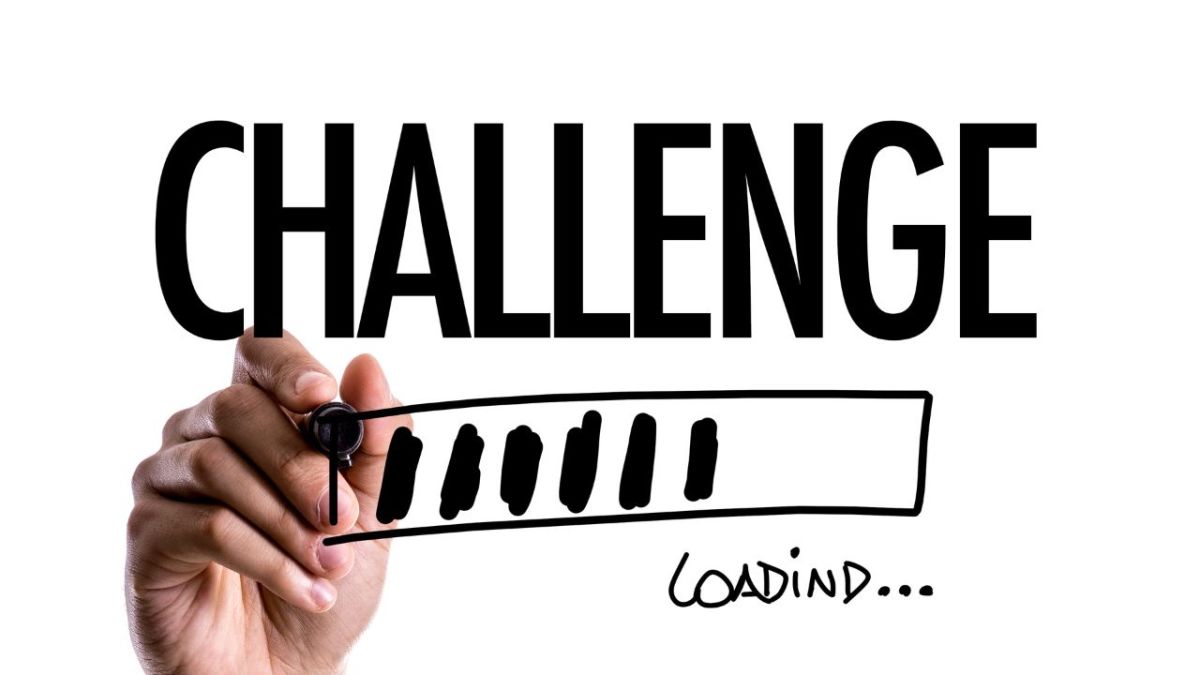Survival Qualities – The 8 necessary qualities of a survival artist
To survive a survival situation, you should possess certain qualities. Adaptation and self-control are just two that are important, but there are six more.


From Martin Gebhardt. Check out my “About me” page.
👉 The key facts from this guide
- Be adaptable. You must be able to survive in any environment.
- Master yourself. Cooler heads prevail.
- Be resourceful. Use your environment and the things you find.
- Be motivated. The strong desire to survive and move forward is crucial.
- Be willing to learn. Take on new methods and knowledge and internalize them.
- Be realistic. A survival expert is neither an absolute pessimist nor a blind optimist.
If you know my survival guides here, you know that a survivalist should master many skills.
Like making fire, finding shelter, navigating, and so on.
But what else does it take to become a successful survivalist?
What mindset should each of us have?
After my research, I have compiled a list of traits and qualities that many survivalists have in common.
So, what are the necessary qualities?
Here's my short list:
- Adaptability – You must survive in any environment.
- Self-control – Cooler heads prevail.
- Resourcefulness – Use your environment and the things you find.
- Motivation – The strong desire to survive and move forward.
- The ability to learn – Absorb and internalize new methods and knowledge.
- Realism – A survivalist is neither an absolute pessimist nor a blind optimist.
- Healthy well-being – A healthy mind can only thrive in a healthy body.
- Stubbornness – Stay persistent and resilient!
And how do we acquire and learn these qualities?
That's what I want to get to the bottom of now. Let's go.
1. Adaptability
Adaptability is the ability of an organism to change to fit into an environment. It is essential for survival and not just for bacteria, viruses, or animals but also for us humans for thousands of years.

Adaptability can be a trait that humans have developed and can be an evolutionary advantage. An example of this is the ability to consume different foods depending on the place of residence.
Let's look at adaptability in an emergency:
The better you adapt to new circumstances and environments, the higher your chances of survival.
You must be flexible, able to adjust your plans to unexpected scenarios.
Situations and environments can change for the worse, and you will have no control over it, and everything you have planned will be thrown out the window.
So keep your ears open, keep your mind open and alert, and keep your body ready to do things differently than planned.
2. Self-Control
Self-control is the ability to control one's desires, impulses, and emotions. It is a key component of emotional intelligence.
There are many ways to develop this skill. One way to do this is to practice mindfulness, which can be done in any situation you are in.

A true survival artist should also be able to control their emotions. This does not mean that you should be a cold-hearted person.
What it really means is that you should always remain calm in the face of any unpredictable danger or situation.
You should be aware of your natural emotional reactions, such as restlessness, anger, fear, and so on.
However, you should not allow these feelings to cloud your rational decision-making processes.
It can be a difficult undertaking, but it is very rewarding. Whatever difficulties come your way, you will not panic.
Instead, you will assess your situation with a cool, concentrated mind and act accordingly.
3. Resourcefulness
The human brain is a powerful machine. It can calculate, think, and create. It can imagine things, and when it comes to resourcefulness, I always think of MacGyver from the 80s.

Once you have adapted and calmly assessed the situation, this trait becomes practical and even crucial for your long-term survival.
How do you master this challenge? How do you use the environment to your advantage? Where is the shelter, food, water?
How can you use the equipment you have with you in this crisis? Can you make fire? Can you filter water? Can you find north?
As a resourceful person, you will need to adapt the situation to your needs. You should definitely use your environment to your advantage.
Read also
52 Hobbies to Improve Your Survival Skills - Discover 52 hobbies that will enhance your survival skills and prepare you for any challenge. Build confidence with the right leisure activities.
4. Motivation
Motivation is what drives us to do things. It is why we do everything in life.

Motivation can be divided into two categories: intrinsic and extrinsic.
- Intrinsic motivation is when we are motivated to do something because it interests us or because it is fun.
- Extrinsic motivation is when we are motivated to do something because of an external factor such as money, grades, or praise from others.
In a survival situation, your primary goal should be to survive. You will likely possess an instinctual survival drive that motivates you to act and protect yourself from harm.
Motivation should accompany you constantly: when you learn to control your emotions, adapt to new challenges, and use your environment resourcefully.
Whatever comes your way, you should have the inner desire to survive, whether alone or with your loved ones.
Motivation keeps you going, keeps you afloat. It keeps you focused on your goals, on the things that need to be done to survive under any possible conditions.
5. The Ability to Learn
Learning is the key to preparation.
Survivors are smart and capable of continuing their education.

This quality goes hand in hand with the flexibility and openness that I have already mentioned.
Just as you adapt to a new situation, your mind must be open and flexible to new information.
A survivor is always ready to absorb new knowledge and integrate it with previously collected facts and methods.
There are countless opportunities for you to learn something new, which will make you even better prepared. There are books (like mine or these here), videos (like my YouTube channel), blogs (like this one), and you can even look for mentors and experienced teachers.
6. Realism
A survivor is neither an absolute pessimist nor a blind optimist.

And more:
- He sees things realistically without distorting them with any subjective colors or filters.
- He recognizes the seriousness of each situation, assesses the danger, and considers how to deal with the situation.
- He does not see the situation as hopeless or believe that everything will turn out well.
- He sees reality as a complex thing: it is never purely positive or negative, and the survivor sees it for what it is.
Good self-control will help your realism.
7. Healthy well-being
If you've read more of my advice articles here, then you likely know that I consider my body to be an essential tool – especially in a survival situation.
The fact is: Your body is the vessel for your mind.

You should have a healthy attitude toward your physical well-being.
Naturally, it's your decision, but a healthy diet and exercise will help you stay fit.
Your body will execute the commands that your will and desires send. Your body is you – take care of it impeccably.
So stay fit, train, improve your endurance. A healthy mind can only flourish within a healthy body, and ideally, both harmonize together.
Read also
The ultimate survival list: These 7 things you need on a deserted island – Discover the 7 essential items for a deserted island. With our ultimate survival list and tips, you are well-equipped.
8. Perseverance
This may seem like a trait that negates the suggested flexibility and adaptability, but perseverance (also stubbornness) actually complements them.
Basically, it means adopting the attitude of "never give up."
You commit to persistently survive, holding on to your goals, regardless of what happens, and continue with the aforementioned tools (self-control, resourcefulness, etc.) as well as the learned physical abilities.

It’s not about being narrow-minded and ignoring everything as you forge ahead.
It’s about being tenacious and resilient, believing in what you can do, and encouraging yourself to overcome all obstacles.
How can I learn and improve these skills?
You may be wondering how you can learn or improve the skills listed above.
The key is openness and willingness to change.
Looking back at myself, I have changed in many ways.
And I promise you, it’s worth it.
But it takes time.
Learn from your mistakes, always question what you think you know and what you believe in. Internalize the skills and don't just read about them in books, but live them (such as in my Wildimpuls program).
For example, self-control: Remember all the times when your emotions overwhelmed you.
Parents often deal with this when their children do something entirely different from expected.
What could you do to react better? How will you react in a similar situation in the future?
Try it in a real situation. What do you feel when you face the same person or circumstances? Can you let go of that emotion if it gets in your way?
As for characteristics like adaptability and resourcefulness, you can continually develop them.

Take part in various survival challenges and try yourself in different environments. For example, you can commit to going into the woods once a week and practicing.
Estimate your successes and failures, but don't judge yourself too harshly.
It's a learning process, and next time you'll do better.
And try to be grateful for what you have. For your health, for the opportunities to practice, for your life. Because gratitude can train you in self-control and keep you motivated.
The same goes for motivation and stubbornness. Always stick to your missions and goals, regardless of what obstacles you may face along the way.
Always nourish your capacity to learn. Seek out new information and question old prejudices.
Books and the internet are rich in knowledge about survival, crises, and preparedness.
Of course, not every piece of information out there is valid, so you should use your common sense.
And learning doesn't mean just accepting new insights thoughtlessly. You should handle them wisely.
Integrate new information with care, trust your instincts, and become a clever survival artist.


Author of the guide
Martin Gebhardt
Hey, I'm Martin. On my blog, you will learn the basics and numerous details about living in the wild. I think survival, bushcraft and the good life in nature are the keys to happiness. Find me here on Instagram or on YouTube. You can find more about my mission on the About Me page.
Was this guide helpful?
9 people found this guide helpful.
5.00 out of 5 points (9 Ratings)
Comments (0)
This post may contain affiliate links. So if you click on the links and make a purchase, I will receive a small commission at no additional cost to you. Click here, to learn more about it.



